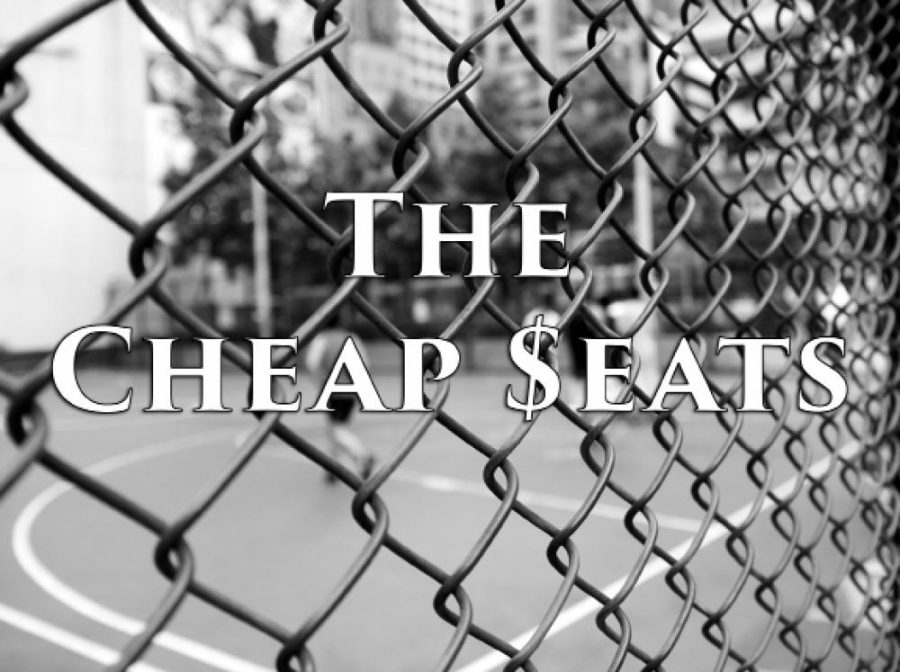Proposed law could cripple the backbone of minor-league baseball
When fans think of professional athletes, they often group professionals together as highly-paid people who play a game for a living.
On June 24, U.S. Representatives Brett Guthrie (R-KY) and Cheri Bustos (D-IL) proposed the “Save America’s Pastime Act,” which would prevent minor-league baseball players from being eligible for minimum wage and overtime requirements under the Fair Labor Standards Act.
While there are some minor-league players that have made more than $1 million in a career, a majority struggle to get by. Baseball players in Low-A ball, one of the lowest levels in the minors, make $1,300 per month and that goes up $50 for every year they remain in Low-A, according to SportsLawBlogger, which is run by sports law attorney Jeff Blank.
As a player moves up the levels, monthly pay rises to $1,500 a month in High-A, $1,700 in Double-A and $2,150 in Triple-A, according to SportsLawBlogger.
While baseball season for fans typically lasts five to six months, it’s a much longer season for baseball players. Training starts months before the season, which makes baseball almost a year-round sport for players.
After months of putting in 50-plus hours a week between practices and games, players receive around $8,000-$14,000 per season, but that’s before their agent and taxes take a cut.
Most players spend years in the minor leagues, until their job is taken by a younger player, who will fill in the same role.
This happens every year, when MLB’s 40-round draft ends and a flood of new players enter minor-league systems.
While many of these players don’t reach the major leagues, they provide valuable depth for teams and additional competition for young, developing players.
With the time these men commit to baseball, it is highly difficult for them to improve themselves via a college degree or improving their job skills in the workforce, because they are limited to working around their baseball career.
Major League Baseball sponsored the “Save America’s Pastime Act” and in a statement said that “being a minor league baseball player is not a career, but a short-term seasonal apprenticeship.”
Much like the NCAA, MLB coined a term to keep its employees separated from the Fair Labor Standards Act, so they can control the compensation athletes receive for their work.
As long as MLB classifies minor leaguers as apprentices, owners can pay them less.
Last season, MLB earned $9.5 billion in revenue, according to Forbes. That mark was the highest income they’ve ever had. They also received $3.5 billion from Disney for video services, less than a week after they issued their support for the bill, so the money exists to pay minor leaguers more.
MLB said of minor-league players being labeled employees and eligible for the Fair Labor Standards Act, “costs to support local teams would likely increase dramatically and usher in significant cuts across the league, threatening the primary pathway to the Majors and putting teams at risk.”
But a majority of minor-league players are paid by MLB owners, not by the minor-league teams.
Threats by owners that higher salaries would put the game at risk is simply a lie, demonstrated by the revenue owners have received lately.
If there’s any risk to baseball, it’s from owners who would rather pack their bank accounts then give fair wages to the backbone of the sport people love.

